
OR
Who tricks the prime minister?
Published On: April 10, 2019 02:00 AM NPT By: Republica | @RepublicaNepal
Prime Minister K P Sharma Oli made a rather worrying statement on Monday. Addressing the inaugural function of 16th annual general meeting of Confederation of Nepalese Industries (CNI) in Kathmandu, he said domestic sugar mill owners betrayed him by raising the sugar price exorbitantly and creating a shortage of the item in the market after the government restricted imports in line with their request. They tricked me, he said. Indeed, the sugar mill owners seem to have cheated him. As the prime minister himself admits, these owners told him that “their stocks of sugar were so high” and requested him to impose the import restriction, which when enforced, resulted not only in sugar shortage in the market but also raised the sugar price exorbitantly—from around Rs 70 to Rs 105. Clearly, they were cheating not only the prime minister but also the general consumers. To address the demands of sugar mill owners, the government in September last year decided to restrict sugar imports to 100,000 tons, following which imports came to a halt, leaving the market to rely on supplies from domestic sugar mills. The mill owners had promised not to raise the price as a condition for the import restriction but they did not keep that promise. As a result, there was scarcity of sugar and artificial price hike on the eve of the festive season.
While the PM’s revelation shows how business nexus feeds him with wrong information to fulfill their vested interests, it also raises question about prime minister’s own decision making capacity and the experts who advise him or whom he listens to. How are the common people to understand this? Prime Minister has appointed experts to advise him on political issues, economy and foreign affairs. The main responsibility of these advisors is to make proper study of the situation, dig deep beneath what is reported, consider repercussions of every decision the prime minister is likely to make and advise the prime minister accordingly. And prime minister is supposed to take decisions based on, but not limited to, the advice offered to him by his experts. In the sugar mill owners’ case, either his advisors may have failed to caution the prime minister or the PM himself may have taken the decision without considering possible consequences. The result is what we see today.
The case of being ‘tricked’ by the mill owners should serve as a cautionary tale to the prime minister and his cabinet ministers. One of the reasons the government has not been able to deliver as per its promises and commitments, as the public perception goes, is that these ministers are often surrounded by vested interest groups who approach them through the cadres to get their jobs done. This has far-reaching consequences and we come to know about it only after the damages have been done. Thus on every decision the prime minister makes—from domestic politics to economy to international relations—he should weigh pros and cons, consider every repercussion and figure out whether it serves the best interest of people or that of select groups. That interest groups trick the prime minister or prime minister himself allows to be tricked does not, at all, serve the interests of the people and the nation.
You May Like This

Mr Prime Minister, heed your comrades
For the last few months, Prime Minister K P Sharma Oli and his cabinet colleagues have been dismissing public criticisms—even... Read More...

Protect our wildlife
Amidst largely despairing news on politics and governance, there is something to inspire optimism in the field of wild life... Read More...

A lot to do for parliament this time
The parliament’s winter session, which is also taken as the bills session, has commenced on Wednesday. The first meeting of... Read More...
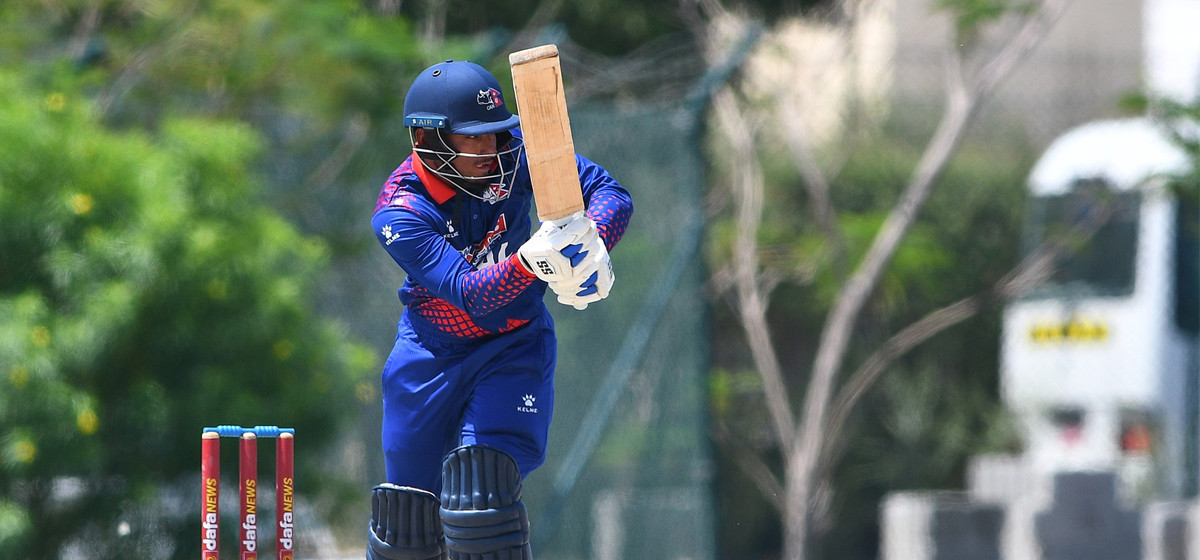
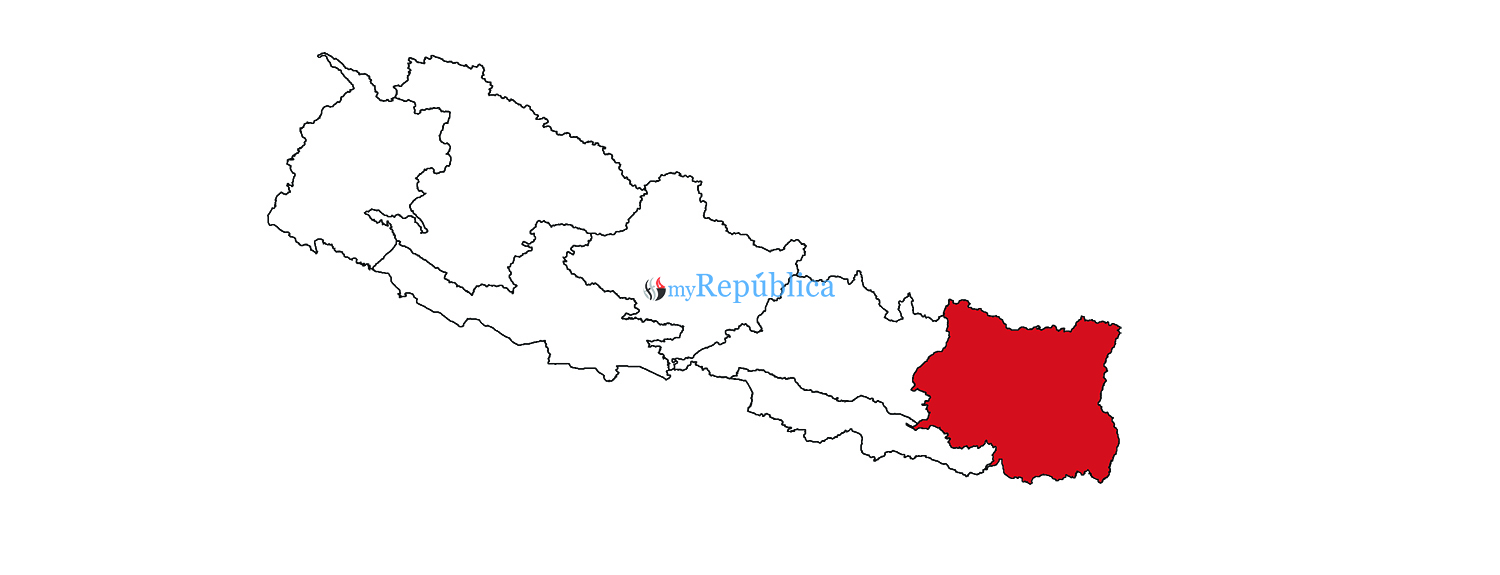


Just In
- Nepal sets target of 120 runs for UAE in ACC Premier Cup
- Discussion on resolution proposed by CPN-UML and Maoist Center begins in Koshi Provincial Assembly
- RBB invites applications for CEO, applications to be submitted within 21 days
- Telephone service restored in Bhotkhola after a week
- Chemical fertilizers imported from China being transported to Kathmandu
- Man dies in motorcycle accident in Dhanusha
- Nepal face early setback as four wickets fall in powerplay against UAE
- Australian unemployment rate rises to 3.8 percent in March










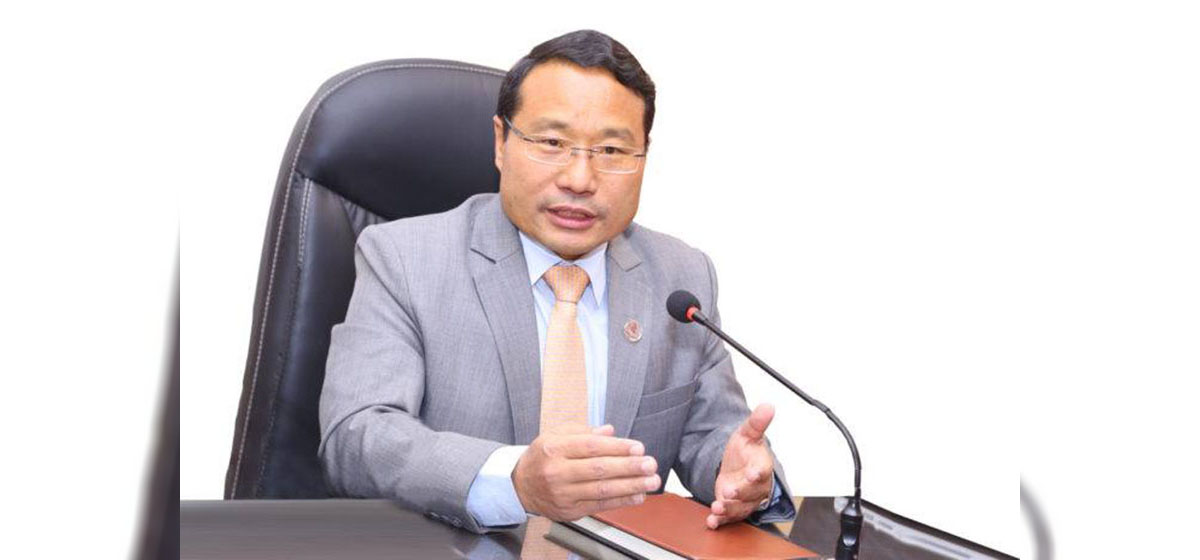
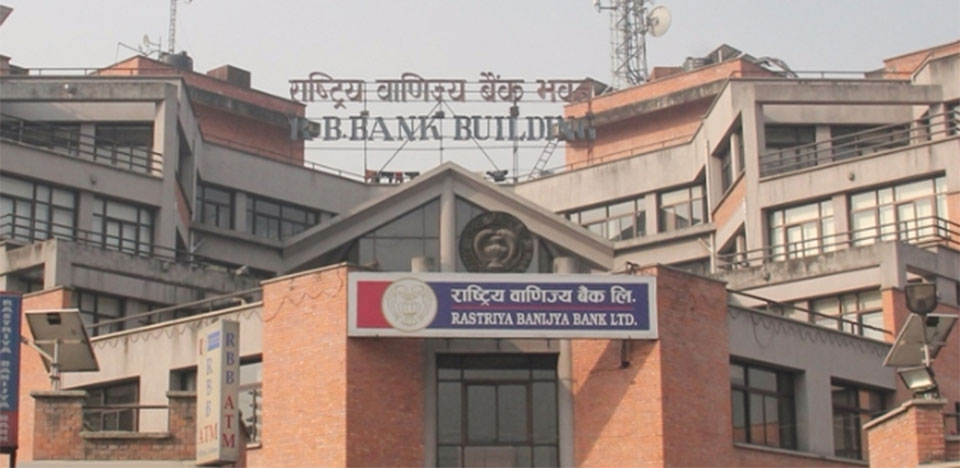

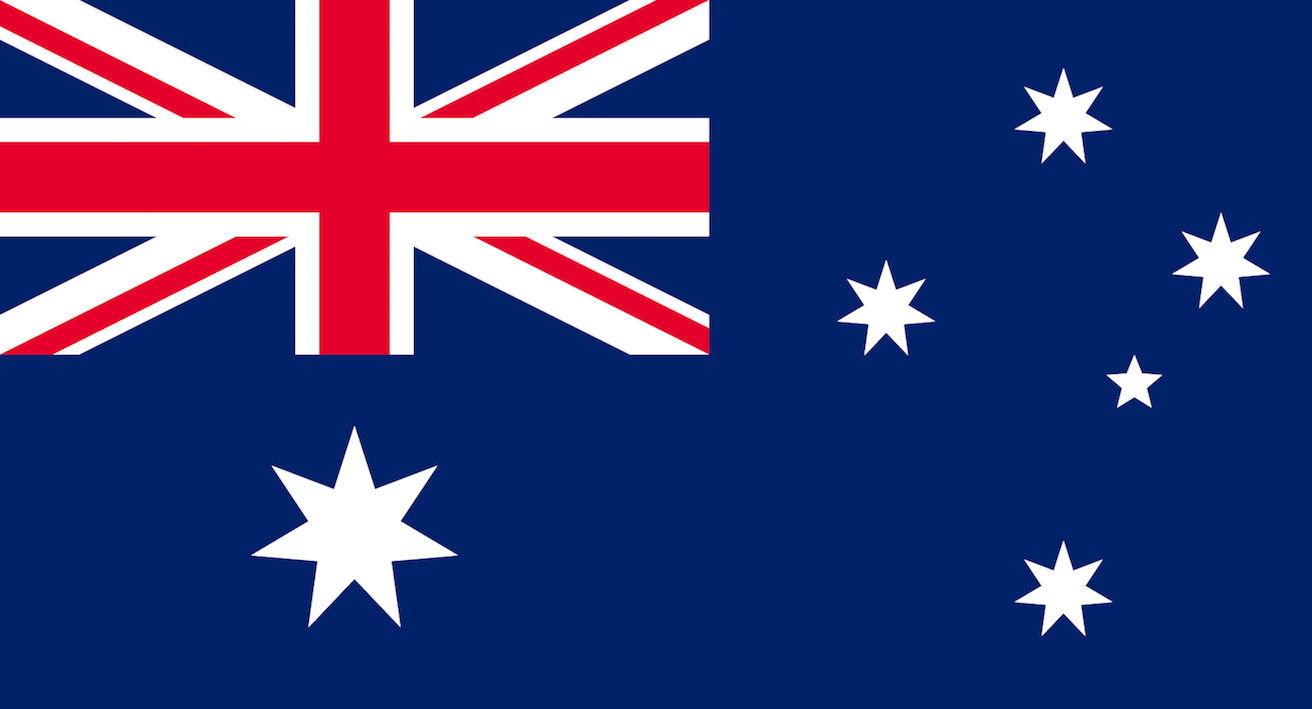
Leave A Comment